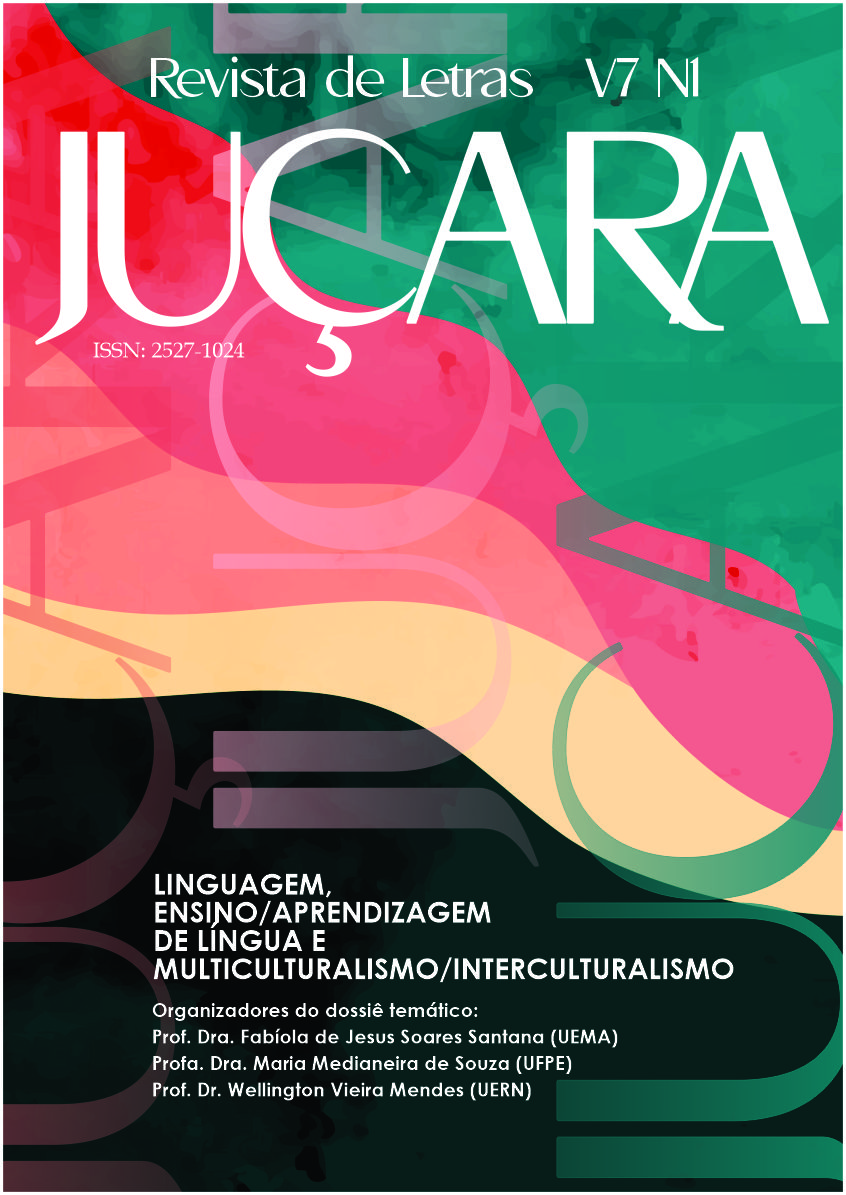TECHNOLOGY, YOUTUBE AND POST-METHOD: CHANGES IN FOREIGN LANGUAGE TEACHING
DOI:
https://doi.org/10.18817/rlj.v7i1.3156Abstract
The aim of this study is to analyze a YouTube video employing a microstrategy for explaining the verb "to be." The analysis was grounded on the macrostrategy of activating the heuristic intuition of the post-method principles for Foreign Language teaching as proposed by Kumavadivelu (2003). The author argues that foreign language teaching methods have been ineffective, prompting him to introduce the post-method with parameters and principles for effective language instruction. These principles are structured into parameters, an overview of teaching, macrostrategies, principles emphasizing certain linguistic aspects, and microstrategies, which cover the practical side of instruction with explanations and learning activities. With technological advancements, Lévy (1999) asserts that there have been significant shifts in education. It is evident that many teachers no longer restrict instruction to physical classrooms but extend it to virtual platforms—not exclusively on private educational platforms, but also on open and free video platforms like YouTube. For this analysis, a video detailing the explanation of the verb "to be" was chosen due to its foundational nature and the fact that many students, as pointed out by Barcelos (2011), claim to see it every year, yet remain unfamiliar with it. The explanation was transcribed, focusing on the teacher’s (microstrategy) elucidation and then assessed based on the macrostrategy principles to activate heuristic intuition, which addresses the structural aspects of language teaching.
Keywords: Post-method; Foreign language; Teaching.
Downloads
Published
How to Cite
Issue
Section
License
Copyright (c) 2023 Daniele Rodrigues Nunes, Diego do Carmo, Nayra de Paiva Oliveira

This work is licensed under a Creative Commons Attribution 4.0 International License.
A submissão de originais para a Revista de Letras Juçara implica na transferência, pelos autores, dos direitos de publicação. Os direitos autorais para os artigos publicados nesta revista são do autor, com direitos da revista sobre a primeira publicação. Os autores somente poderão utilizar os mesmos resultados em outras publicações indicando claramente a Revista de Letras Juçara como o meio da publicação original.


